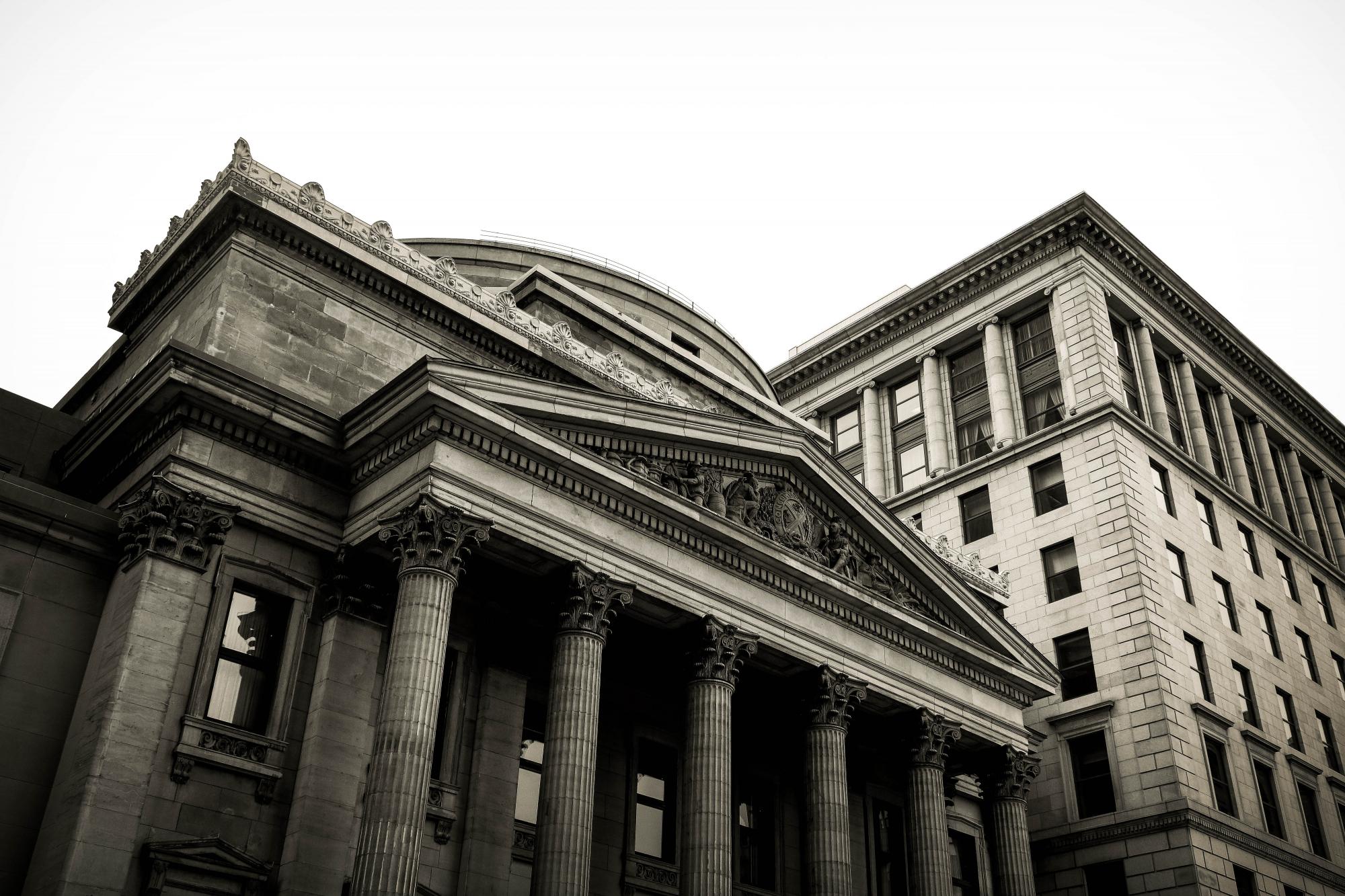Test- FTSE 100 Kicks Off August on a High as BP and Senior Lead Market Momentum
$11
10 Oct 2025, 13:13

Unsplash.com

With its 12th rate increase in a row, the Bank of England raised its key interest rate to 4.5% on Thursday, bringing borrowing costs to their highest level since 2008. The move was made in an effort to slow the fastest inflation of any major economy.
After altering up its growth forecasts from the gloomy numbers released in February, the central bank no longer predicts a recession. This is the biggest improvement since it first published forecasts in 1997.
However, it now anticipates that inflation will decline slower than expected, primarily as a result of persistently high and unanticipated increases in food costs.
The majority of economists polled by Reuters last week predicted that the BoE would hold rates steady after a 25 basis points increase in May. However, just prior to Thursday's decision, interest rate futures were pricing in a 5% peak for rates this autumn.
In response to the BoE's action, British government bond yields surged, and the pound's value against the US dollar surpassed £1.26.
In December 2021, the BoE became the first major central bank to start increasing borrowing costs. However, critics have commented that the BoE did not act forcefully enough as inflation loomed to a 4-decade high of 11.1% in October.
The ECB and the U.S. Fed both increased their benchmark borrowing rates by 25 basis points this week. While ECB President Christine Lagarde stated that it was too soon to stop, Fed Chair Jerome Powell suggested a pause.
Due to its heavy reliance on imported natural gas for power generation, Britain is particularly vulnerable to the rise in energy costs that followed Russia's invasion of Ukraine last year.
The price of energy has recently fallen significantly, and the central bank anticipates that inflation will fall to 5.1% by the end of the year, down from 10.1% in March. However, the BoE projects that inflation will not return to its 2% target until early 2025, and this is less of a decline than the drop to 3.9% it predicted in February.
The BoE stated that higher food price forecasts had increased future inflation by approximately 1 percentage point compared to February.
The Bank of England is concerned that recent robust headline pay growth may result in a long-term economic issue.
The central bank stated, "Pay rates could sustainably plateau at rates above those consistent with the 2% inflation target in the medium term."
(investing.com, reuters.com, bbc.co.uk)